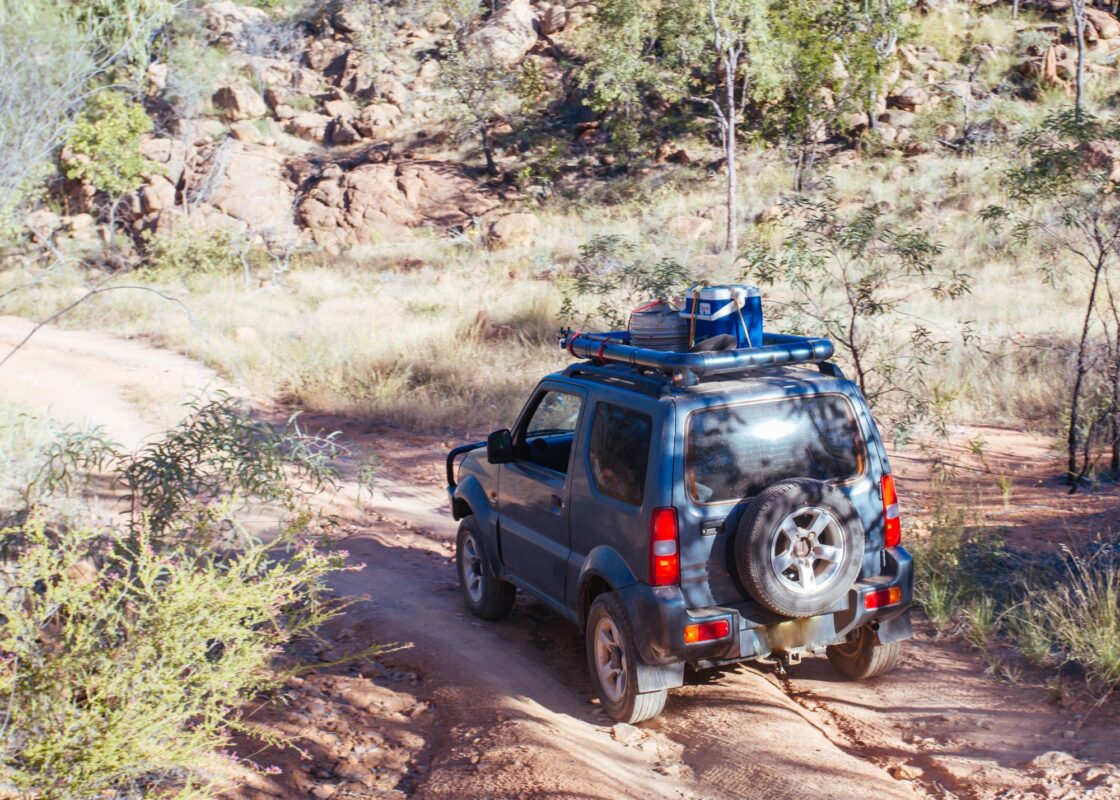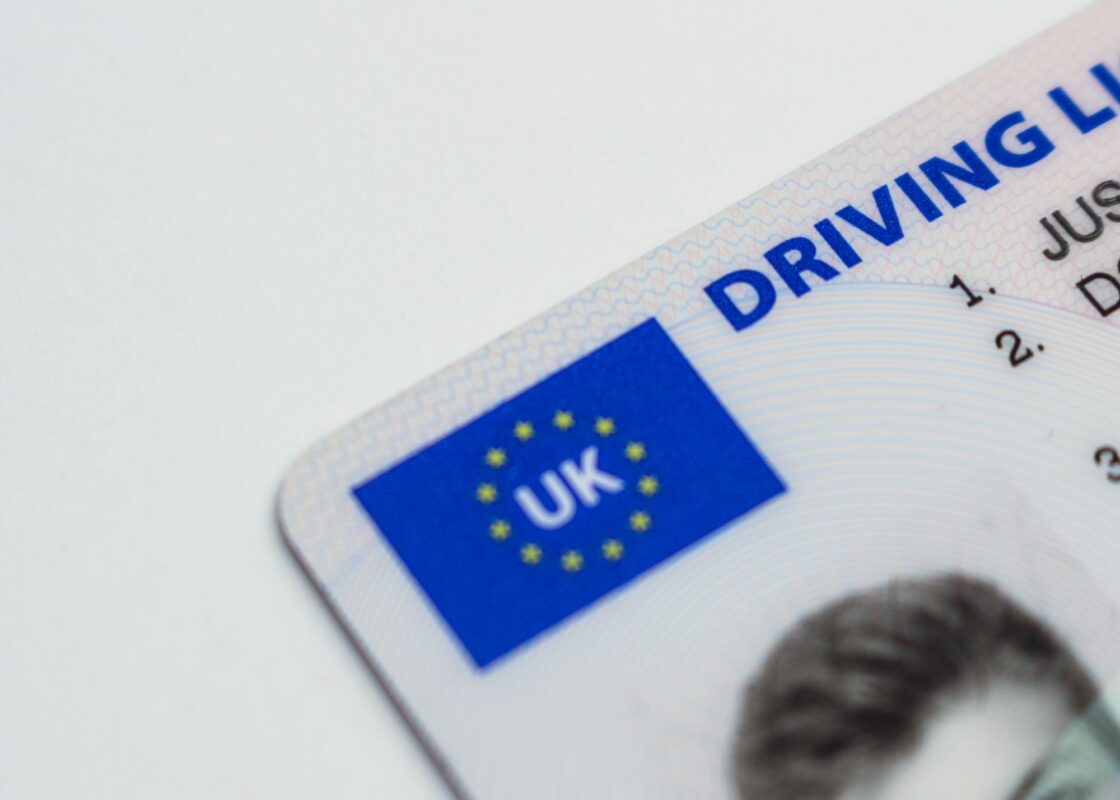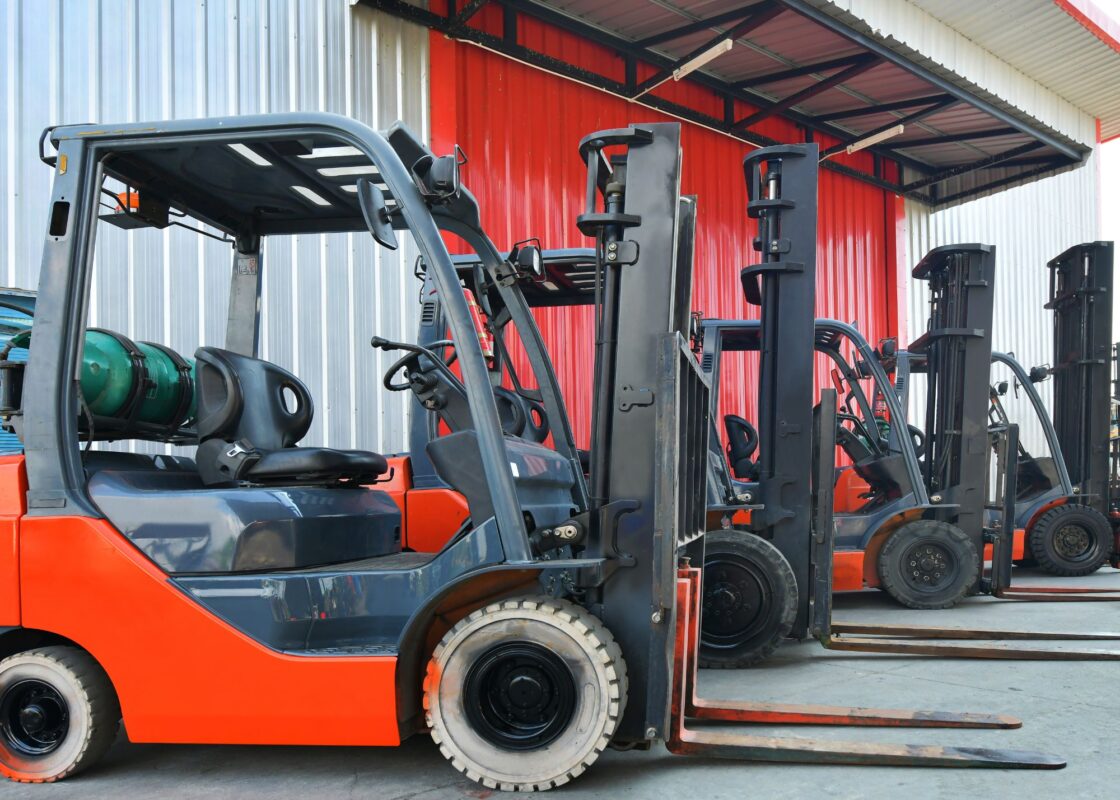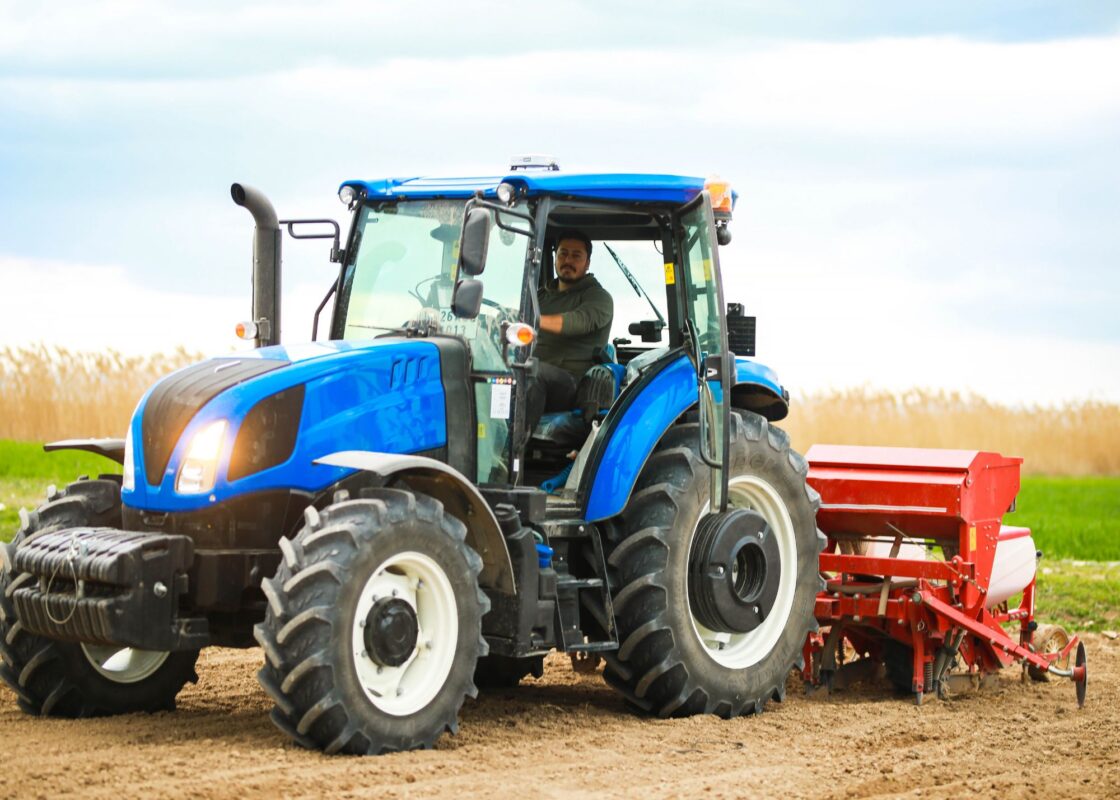So, you’ve landed in Australia and looking for work. You are confident your driver’s licence from home, forklift ticket and tractor driving permit will get you the job you’ve seen advertised. But will they?

Documents I need to travel and work in Australia
There are many things to think of when travelling and working in another country. Beyond passports, visas and airline tickets that have to be organised before international travel, what about documents you need once you arrive?
Australia is a free country with no requirement to carry identification documents or even a passport with you, but if you want to drive or get a job, there are some rules that need to be considered.
Each country has their own laws, which almost always only apply in the country where they were legislated. However, in the interests of easier international travel, some countries recognise licences and qualifications from others.
Driver’s licences
Let’s start with driving on public roads. As laws around driving and licences are the responsibility of state governments in Australia, there are minor variations that you should check out before travelling to a different state. A little homework first might save you a lot of embarrassment, or an expensive fine, if you know the rules first. At the bottom of this article each state listed has a link to their guidelines about driving under a licence from another country.

A legal driver’s licence from almost all countries allows the holder to also drive in Australia for the category of vehicles that apply in the country where the licence was issued – but first check your country is one of them. There are also some obligations.
First, and most importantly, when driving on a public road, the driver must have their original licence with them. It’s no good back at the hostel, or to have a photocopy. Without that legal piece of (usually) plastic, you may be deemed to be driving unlicensed and be fined. And if your licence is written in a language other than English, you must also carry with you a translation of what is written on the licence. In some states you will also need to carry your passport while you drive under a foreign licence, or you may be required to prove your visa status, so carry your passport with you while driving and show police if they request it. Holding an International Driver’s Permit is generally not essential, but will help.

If your licence expires while here, if you become a permanent resident, or you stay in a particular state for an extended period – usually more than six months – you may need to apply for a local licence. And of course, if your licence is suspended at home, or while here in Australia, you cannot drive and risk heavy fines if you do so.
Now you know how to legally drive to where the work is, what about qualifications that might be required to be employed once you get there?
Forklift licences and high-risk work
The most common work licence required is for a forklift. This is a highly desirable ticket as many farms, packing sheds, warehouses and transport companies cannot easily find forklift drivers. Sometimes grouped together with other ‘high risk’ tasks, obtaining certification for a forklift licence is usually undertaken independently of other licences.

Although each state and territory have their own forklift and high-risk work licensing, each will recognise a licence issued elsewhere within Australia. However, a forklift or high risk work licence from another country is generally NOT recognised. To hold a licence valid in Australia you will have to undertake an accredited training course. This can set you back several hundred dollars and is likely to take more than one full day of training. Once you have qualified it can take several weeks to receive your licence, so plan well ahead.
As forklift drivers are in demand, having a forklift licence will make you much more employable. As this type of work attracts a higher pay rate, it is well worth considering if you intend to work for at least three months.
Chemical handling certificate
Agricultural chemicals are widely used on farms as fertiliser, herbicides, pesticides and cleaning agents. Many chemicals are benign and safe to use, while others can be quite toxic or caustic, and require careful handling. Holding a Chemical Handling Certificate is a legal requirement to work with some chemicals, but obligations vary between states. The ChemCert organisation has good information and training options. Accredited courses can be found online from many training providers, as well as face-to-face classes. Before lashing out and arming yourself with this one, it is probably best to secure a job where you know you will need it, as senior experienced staff are more likely to undertake work with dangerous chemicals.
Tractors and chain saws

There are other jobs you may encounter on a farm, like tractor driving or chainsaw operation, that may also be considered high risk. Although the good news is that generally you won’t need a formal licence for these roles, some farms may expect you to have done some training. Certificate training for both are available from private training providers around the country, including some regional TAFE colleges. To find them – the internet is your friend.
State-by-state licence information
The list below provides links about driver’s licences and forklift licences for each state of Australia.
| Australian Capital Territory (Canberra) | Driver’s Licence | Forklift Licence |
| New South Wales | Driver’s Licence | Forklift Licence |
| Northern Territory | Driver’s Licence | Forklift Licence |
| Queensland | Driver’s Licence | Forklift Licence |
| South Australia | Driver’s Licence | Forklift Licence |
| Tasmania | Driver’s Licence | Forklift Licence |
| Victoria | Driver’s Licence | Forklift Licence |
| Western Australia | Driver’s Licence | Forklift Licence |
